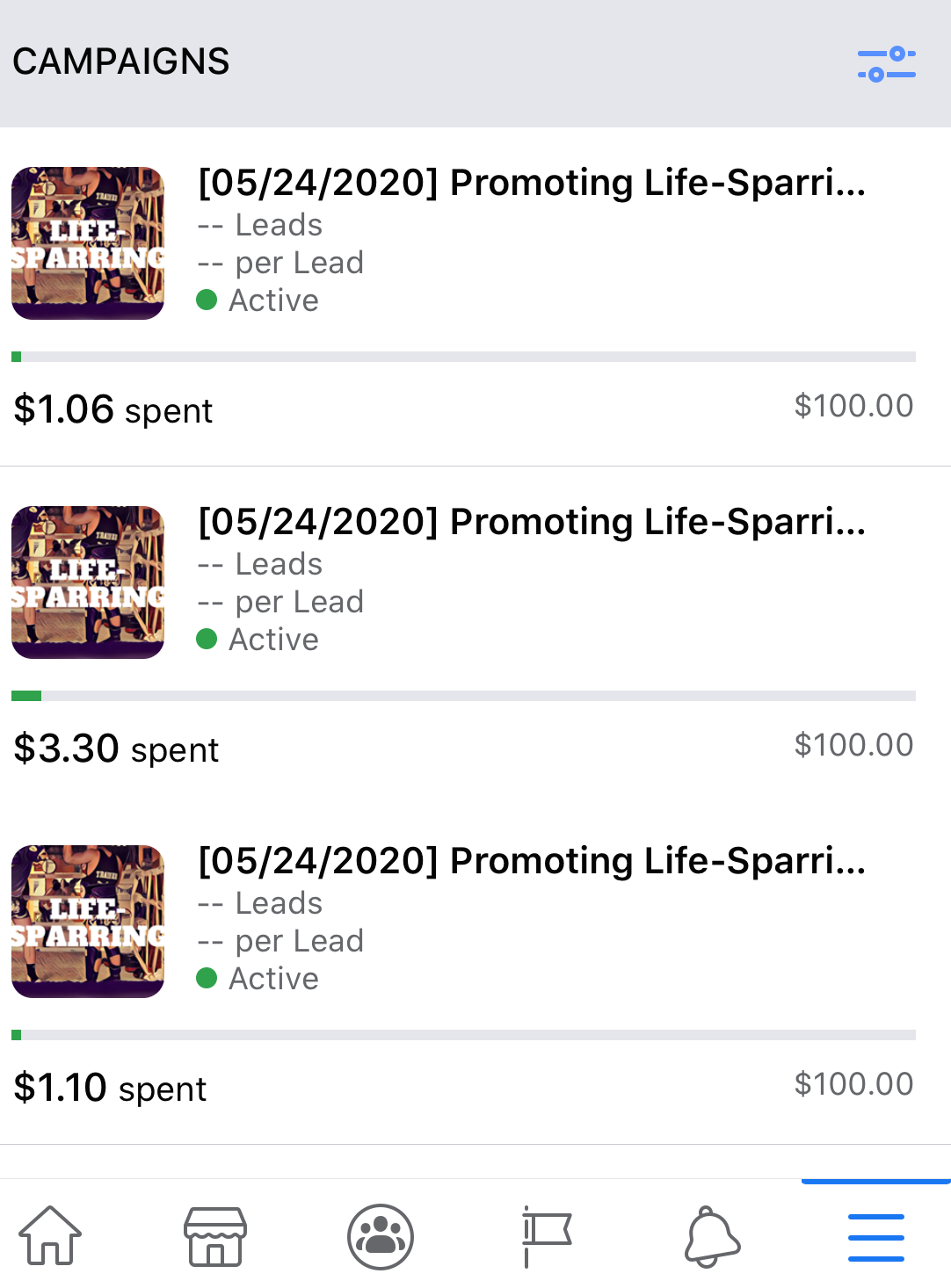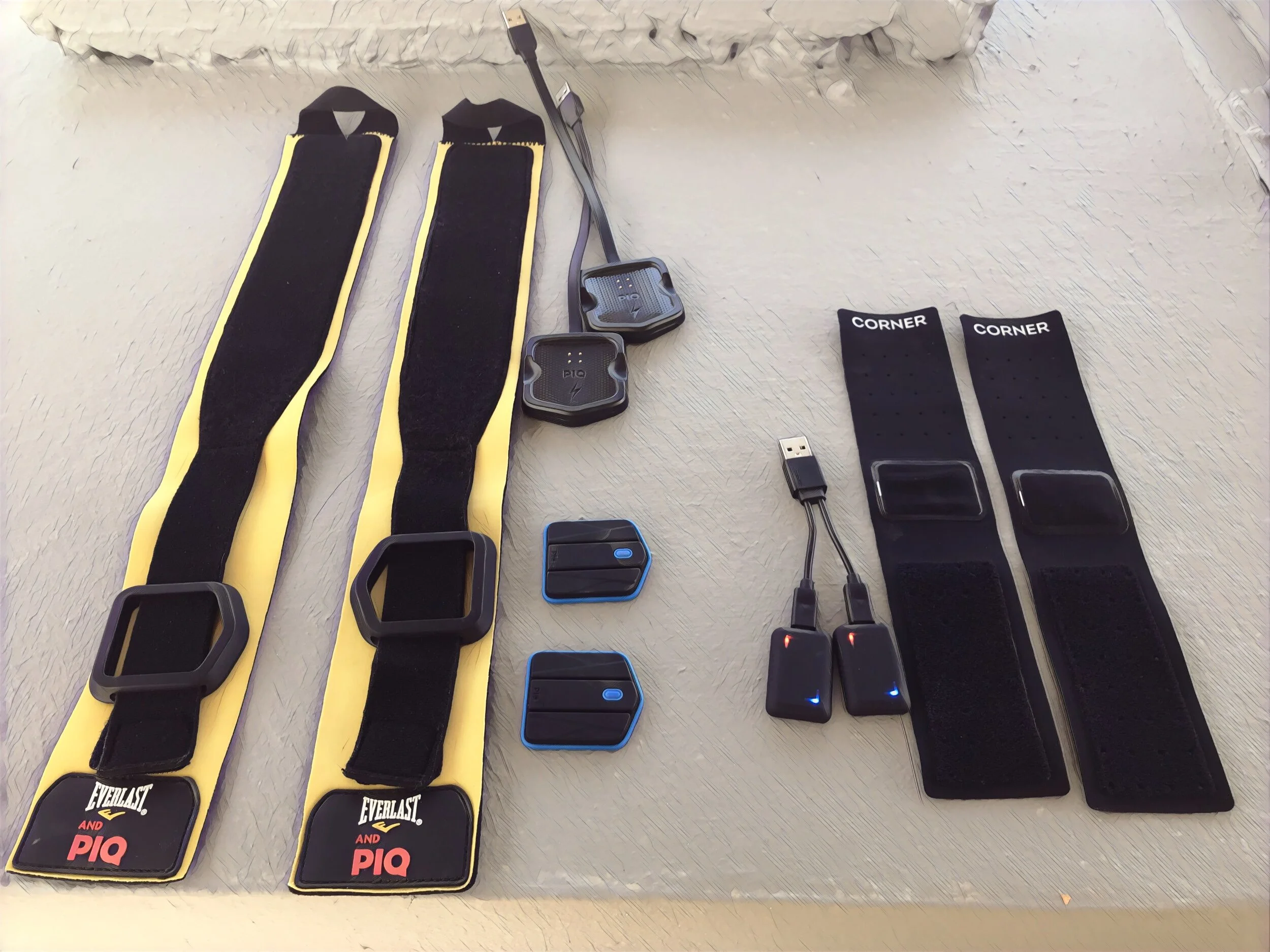Getting to the Heart of the Deal – Advanced Negotiation Secrets of two Negotiation Heavyweights
Negotiating is an essential part of economic activity. No matter if you are buying or selling a product or service, negotiating your salary or that of your staff members, renting an office, or convincing your boss to increase your budget for the upcoming year, your success will often depend on your ability to strike the right deal.
Despite 15 years as an entrepreneur and manager, I am still not the most confident of a negotiator. Maybe I am just too much of a nice guy?
Generally, not being qualified does not prevent me from covering a topic. Luckily, this time I do not have to, as I am in the lucky situation to have access to two real experts on the subject matter:
To the left, we have Alex, who has been working with leading recruiting consultancy Hays for the past 12 years and who, from 2013 to 2018, headed the temp labour division of Hay’s taskforce “Negotiation and Negotiation Coaching” in the DACH region.
To the right, we have JB Deal, whose name says it all and who, after spending a decade in purchasing and sales, founded AvantAgents, a boutique consultancy helping clients to negotiate with Chinese counterparts.
So, let me step out of the ring and let two real heavyweight negotiators slug it out. Enjoy!
Round 1 – How would you define negotiation and what is a perfect deal for you?
JB:
Negotiation is a process that requires a lot of effort to understand two or more parties’ problems and goals. You want to find ways to create as much value as possible, more than each party may have anticipated, and then follow up with an open dialogue. Each negotiation is unique because the parties and the problems encountered are unique.
A perfect deal is reached when each party has reached its desired position or made a deal with the best possible option among a set of alternatives on the market. In some cases, a perfect deal might be just to walk away from a deal. And let the other party come back with a better option at a later point in time. The perfect deal is what each party thinks is best for him/her.
Alex:
Any negotiation aims at finding common ground between two parties. That common ground has to be discovered first, then the fun part begins. Deciding on one’s crucial positions as well as “possible giveaways” upfront will help you play the game later on. A perfect deal is rarely to be achieved, as any gain for party A means a loss for party B – especially when it comes to financials.
“Perfect Deals” make up for financial losses by covering these in good stories, benefits outside the main deal, and an agreement to work together respectfully in the future. Perfect deals happen when both parties reach their primary goals without giving all they had to offer, reaching more than minimum criteria.
Round 2 – What are rookie negotiation mistakes and how to avoid them? What mistakes have you made in negotiations?
Alex:
Preparation is key – and if you ever found yourself in a negotiation without being prepared, you will know that this is your worst-case scenario.
(Mis-)Trust is also essential – you must trust your partner that what he claims to be true will be true. But you must never assume that they will give you all their information or share their bigger goals.
The worst mistake you can make is outside yourself – never bring someone to the table that is your superior, unless you have agreed on specific roles. One of my superiors once lowered our possible result with one simple reply to our counterpart when he re-opened the negotiation game after finalizing the deal, inviting the customer to lower his rates once again.
JB:
There are many negotiation mistakes, and the biggest one I guess is to fail to prepare for a negotiation properly. But we can see many other common errors like failing to consider alternatives at all times, failing to recognize your counterpart as a partner so that you can engage in open discussion and realize where value can be created and traded.
Another common mistake is to become too emotionally involved. And of course, for me, the biggest mistake is not working with a negotiation expert, an adviser to guide you along the way to maximize value.
Round 3 – Too nice to negotiate? What would be your advice to me?
Alex:
Tone vs. personality. There is no need to be cruel during negotiations. And one can mentally prepare oneself for the situation by expecting the negotiation not to be comfortable. Compared to a boxing fight – never expect to fight without being hit, be prepared to catch a few good ones, but also be prepared to hit efficiently and effectively.
My best advice is to set an agenda, a goal, and to agree on that goal before going into the negotiation. “Are we both willing to agree on a deal today?”
JB:
I do not think you can be too nice to negotiate. Being nice is a great asset as it allows you to connect with people, understand their position, and what they are trying to accomplish.
I believe being nice helps as in the end you need the other party to see you as a helping hand.
But of course, being friendly needs to be kept in balance with being firm and knowing your position and not giving in without receiving anything in return. You need to be a fair trader.
Round 4 – All about the dollars? How to negotiate with a stingy customer?
JB:
While some people see the long-run benefits, some are extremely focused on short term profits in dollars.
Sometimes you might find yourself in a less advantageous market/position with less negotiation power. Customers might become stingy if they know that they are in a position of strength.
You might try to bluff your way into a better negotiation situation, but this may not always work, and it may not be suitable for a situation where you will have to do future deals together. In any case, it is always good not to become too emotional, get prepared, know your goal, and when to leave the negotiation table. Know your alternatives and be ready to walk away from a deal if you think you can have a better outcome later or with another partner.
Alex:
As JB says, bluffing is a game that may work, but will not always work out for you. One key advice would be that you can always agree on future deals right now. If a customer tries to negotiate the price based on future deals, agree on future conditions. Fix terms in writing and stick to them when the time has come. Refrain from making “entry-deals,” expecting to improve your rates in the future. It is doubtful to raise the price per item or service when volumes increase in the future.
Round 5 – What are your top negotiation secrets?
Alex:
Negotiation power lies in calm silence, not in loud aggression.
Listen precisely to what the counterpart says. Do not assume anything – questions will help. Never lie. Be open about your goals – not about your strategy.
Know your cost structures – and be prepared for your counterpart to know your structures as well.
Prepare your terms in writing, and NEVER go below your prepared conditions. Be prepared to walk away but leave the door open to be allowed back inside.
Most of all: get experience, prepare little steps, and try to get better. After all, negotiations are only fun when you enjoy the game.
JB:
Prepare: take time to build relationships, listen, analyze, think outside the box, make proposals, stick to your position.
I personally think that being honest, creative, and avoiding to bluff and other negative strategies will be yielding positive results in the long run.
But everyone and every situation are unique, that’s why negotiation is an art, there are tools, but no firm rules. Once again, that is why I would recommend hiring an expert with a lot of experience to be at your side during critical negotiations.
I hope you enjoyed this sparring session as much as I have. This was the first Life-Sparring round in this experimental form, I am curious how you liked. It comes pretty close to the original vision that I had when starting the blog.
Thanks to both, Alex and JB for being such good sports. A special thanks and massive kudos to Alex for the hand-drawn illustrations. This was also a first on Life-Sparring.com as lacking any artistic talent, I usually fall back on stock pictures to illustrate articles.
For more Life-Sparring rounds, sign up to the Life-Sparring newsletter or follow Life-Sparring via LinkedIn or Facebook.
If you want to reach out to Alex, you can find him on LinkedIn, where he is pretty active.
The best way to reach JB is via the website of AvantAgents or also via LinkedIn.
But of course, feel free to ask your questions to both JB and Alex straight here below the article; we will do our best to reply straight away.









